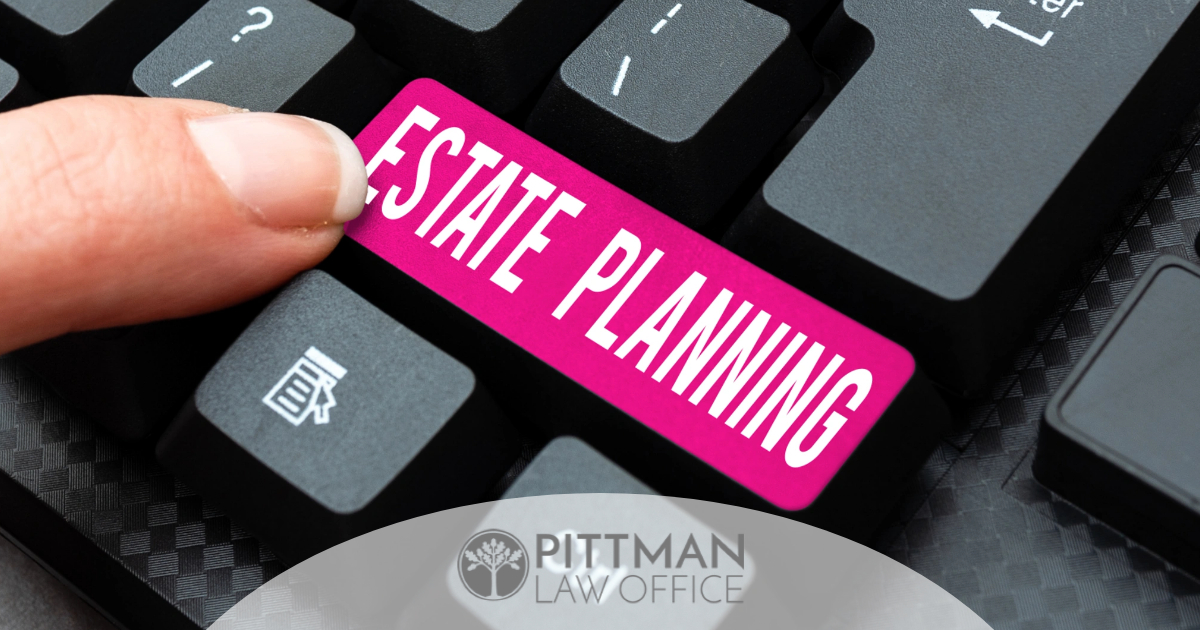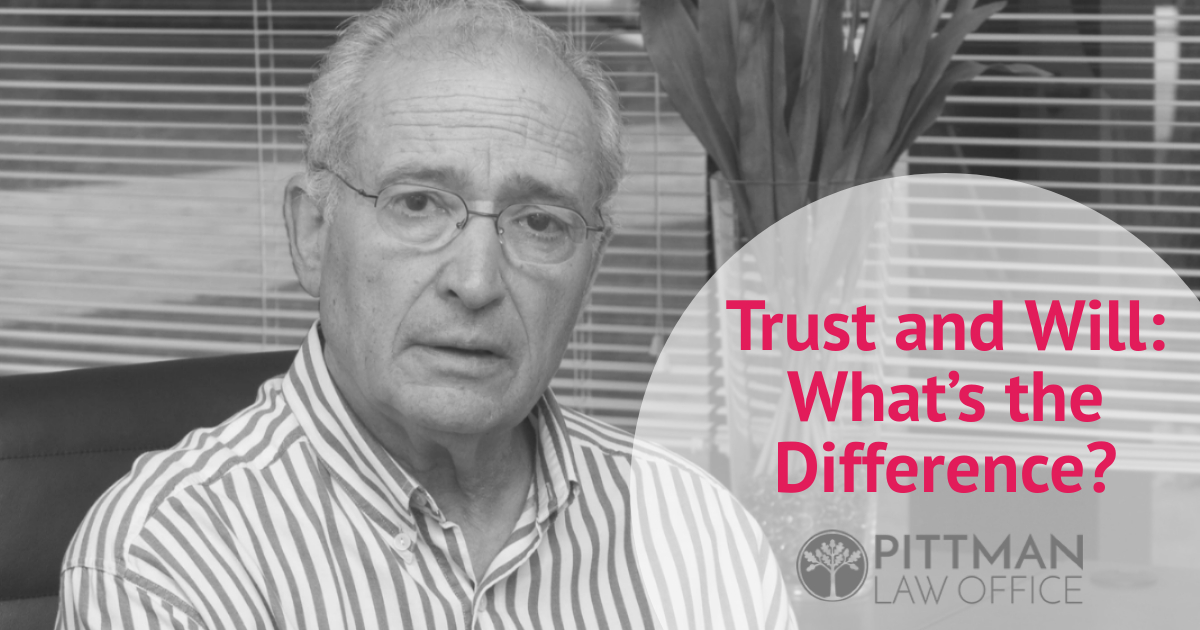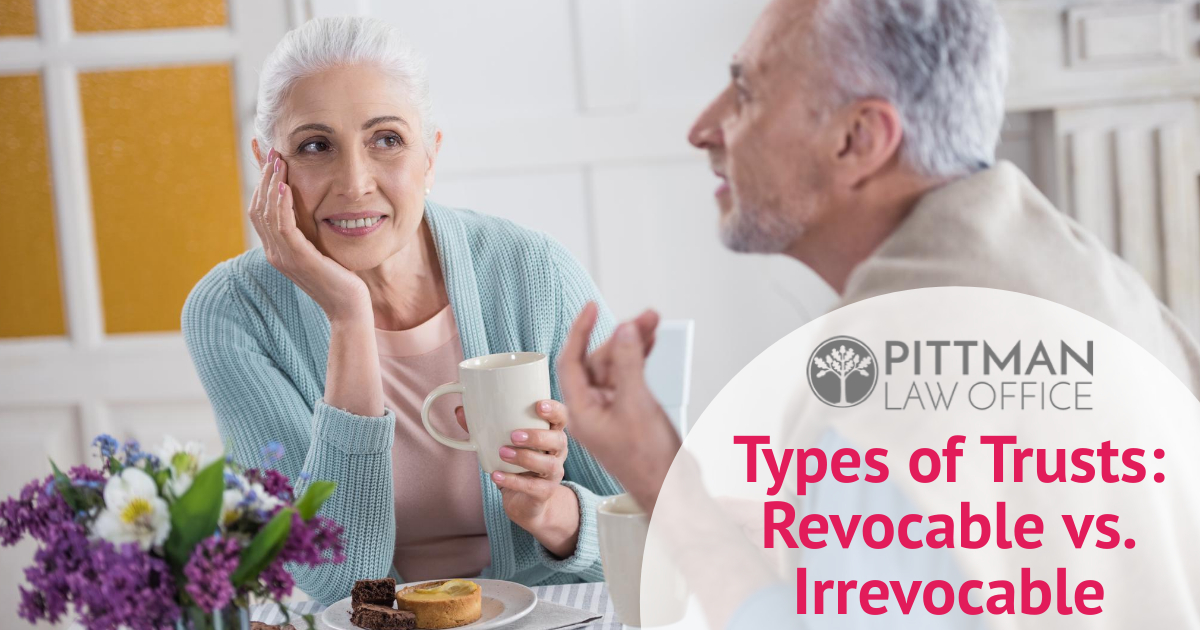When it comes to estate planning, it’s crucial to regularly evaluate and update your estate…
Estate planning requires careful planning.
Don’t listen to neighbors who claim you don’t need to hire an attorney or that you have plenty of time to get your affairs in order. You never know what lays down the road. Here’s an example:
Client named his son on his bank account for “convenience’s sake”, so that son could write checks if client couldn’t (even though a Durable Power of Attorney gave the son this authority). Client knew that the funds remaining in the account at his death would go to said son at his death, but he believed that his son would share the account with his other children. The son didn’t share the remaining funds with his siblings and now they don’t speak to each other. Attorney told the client this would likely occur. But the client believed his son would do right by his siblings.
It’s important to The intent is to decrease family discord and worry in the event you become ill or pass suddenly.
Estate Planning: What Can Go Wrong When You Don’t Plan Properly?
A ‘Do-It Yourself’ Will May Be Invalid
Did you know that U.S. Supreme Court Chief Justice Warren E. Burger didn’t follow the simple formalities of creating his will? Not only were there typos, but he overlooked several key issues costing his family over $450,000 in taxes. Keep in mind that each state has its own rules for what makes a will valid, from signing it in the presence of two witnesses to amending. If you fail to follow the rules, it may wreak havoc on your estate plan.
Choose the Wrong Trustee and They May Take Advantage of Your
If you select the wrong trustee or personal representative to be the administrator of your estate or Trust, they could take advantage of their status. For example, if you choose one sibling over the other, he or she may spend/liquidate your assets or charge for services not performed. The better option may be to name a nonfamily member or entity as your trustee. A professional will charge a fee; however, you’ll avoid litigation and headaches and save money.
Fail to Leave a Will and Complete Strangers May Receive Your Assets
Failing to leave a will gives your state the authority to step in and determine who receives your assets. For example, if you have a boyfriend with whom you have children with, they’d inherit everything to do with what they please when they turn 18. Your boyfriend receives nothing! If you’re estranged from your parents, but have no surviving spouse or children, your mom and dad may receive your assets. If you have no immediate survivors, complete strangers may become your beneficiaries and get your assets.
Ignoring the Health Care Directive ‘Aka’ Living Will Can Cause Issues
A living will lets your family, doctors, and friends know what your end-of-life preferences are, as far as being on life support, organ donation, and surgery. If you don’t have a health care directive, your family may disagree over what they believe should happen or who should be in charge. If you have a living will and keep it in a safe deposit box, your bank representative can’t release the contents immediately.
Leaving Your IRA to Your Estate is Not the Best Option
Do not name your estate as your IRA (Individual Retirement Account) beneficiary or it will be subject to claims and creditors during probate. When you pass away and you name your estate as the beneficiary of your IRA, your IRA would be used to pay off debts you owe. The remaining funds would be distributed to your heirs you name in your Will. It’s better to name a spouse, child, or another trusted person as a beneficiary. You would fill out a beneficiary designation form with the company who manages your IRA.
Not Updating Your Estate Plan in the Event of a Divorce Can Cost You
When you file for divorce, change your estate plan immediately. If you don’t, your soon-to-be ex-spouse may receive your assets if you die prior to the completion of your divorce. In the event you become incompetent before your divorce is finalized, your ex-spouse may be able to make decisions about your finances and health care.
Hire an Attorney and Avoid the Pitfalls of Estate Planning
Estate planning helps you to determine what happens to you and your property in the event you’re incapable of making decisions because of an illness or death. Without proper planning, you may delay medical care if you become incapacitated. It may also be difficult to pass your wealth to your heirs in the event of your death.
Want more information about estate planning? Get this document.




